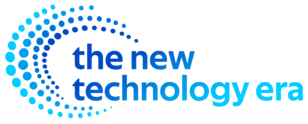In today’s dynamic and competitive business landscape, sales teams are constantly seeking ways to streamline their processes and maximize efficiency. One area where significant improvements can be made is in the realm of sales quoting software. Traditionally, creating accurate and timely quotes has been a time-consuming task for sales professionals. However, with the advent of AI-powered recommendation systems, quoting software is transforming, empowering sales teams to generate quotes more quickly and effectively than ever before.
Sales quoting software, also known simply as quoting software, is a crucial tool for businesses across various industries. It enables sales representatives to create quotes for products or services quickly and accurately, helping them to close deals faster and ultimately drive revenue. However, as businesses deal with an increasing array of products and services, along with complex pricing structures and customer preferences, the task of creating quotes manually can become overwhelming.
This is where AI-powered recommendation systems come into play. By leveraging the power of artificial intelligence and machine learning algorithms, these systems analyze vast amounts of data to provide personalized recommendations for sales quotes. This includes factors such as pricing, product availability, customer history, and competitive analysis, among others.
One of the key benefits of AI-powered recommendations in sales quoting software is the ability to optimize pricing strategies. Pricing is a critical aspect of the sales process, and finding the right balance between competitiveness and profitability can be challenging. AI algorithms can analyze market trends, competitor pricing, and historical sales data to suggest optimal pricing strategies for each quote. This not only helps to maximize revenue but also ensures that quotes are competitive enough to win deals.
Moreover, AI-powered recommendation systems can enhance the accuracy of quotes by taking into account a wide range of variables. For example, they can factor in discounts, promotions, and bundling options to create customized quotes that meet the specific needs of each customer. This level of personalization not only improves the chances of closing a sale but also enhances customer satisfaction by demonstrating an understanding of their requirements.
Another significant advantage of AI-powered recommendation systems is their ability to automate repetitive tasks, freeing up sales representatives to focus on higher-value activities. By automating the process of generating quotes, sales teams can save valuable time and resources, allowing them to allocate their efforts more efficiently. This increased productivity can lead to a significant boost in overall sales performance.
Furthermore, AI-powered recommendation systems can provide valuable insights into customer behavior and preferences. By analyzing historical sales data and customer interactions, these systems can identify patterns and trends that can inform future quoting strategies. For example, they can identify which products or services are most popular among certain customer segments, enabling sales teams to tailor their offerings accordingly.
In addition to improving efficiency and accuracy, AI-powered recommendation systems can also help sales teams stay ahead of the competition. By continuously analyzing market trends and competitor activity, these systems can provide valuable intelligence that can inform pricing and quoting strategies. This proactive approach to sales quoting can give businesses a competitive edge by enabling them to respond quickly to changing market conditions and customer demands.
However, despite the many benefits of AI-powered recommendation systems in sales quoting software, there are also some challenges to consider. One such challenge is the need for accurate and reliable data. AI algorithms rely heavily on data inputs to generate accurate recommendations, so ensuring that the data is clean, up-to-date, and relevant is crucial.
Moreover, there may be concerns about the transparency and interpretability of AI-powered recommendation systems. Sales professionals may be hesitant to trust recommendations generated by algorithms without a clear understanding of how they were arrived at. Addressing these concerns requires transparent communication and providing users with insights into the underlying logic of the AI algorithms.
Another significant advantage of AI-powered recommendations in sales quoting software is the automation of routine tasks. By automating repetitive processes such as data entry, quote generation, and follow-up reminders, sales teams can focus on strategic activities that drive sales growth. AI algorithms can also analyze customer interactions, email responses, and feedback to suggest the most effective communication strategies, leading to better engagement and higher conversion rates.
Furthermore, AI-powered recommendations can enhance sales forecasting accuracy. By analyzing historical sales data, market trends, and customer behavior, the software can provide predictive insights into future sales opportunities. This proactive approach enables sales teams to plan effectively, allocate resources efficiently, and capitalize on emerging trends in the market.
Despite the numerous benefits of AI-powered recommendations in sales quoting software, organizations need to ensure data integrity and compliance with data privacy regulations. Safeguarding sensitive customer information and maintaining transparency in data usage are critical aspects of deploying AI technologies in sales environments.
Conclusion
Overall, AI-powered recommendation systems have the potential to revolutionize the way sales teams create quotes and interact with customers. By leveraging the power of artificial intelligence, quoting software can become more efficient, accurate, and personalized, ultimately driving sales growth and enhancing customer satisfaction. As businesses continue to embrace digital transformation, AI-powered recommendation systems will play an increasingly important role in shaping the future of sales quoting software.
Read More:
- All You Have To Know About Xbox Design Lab
- How To Choose The Best And Affordable Hotel?
- What Is Yimusanfendi? Exploring the Best Data Gathering Tool for Information


